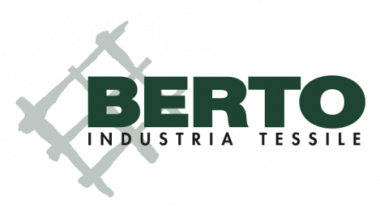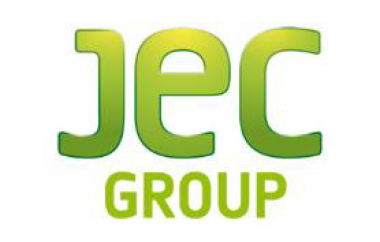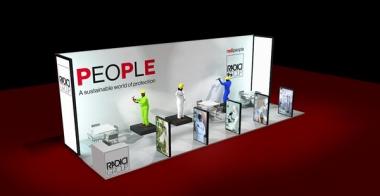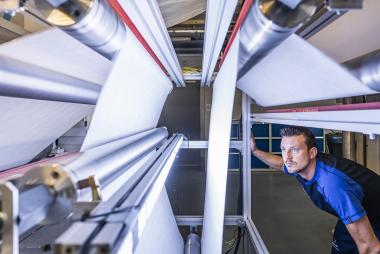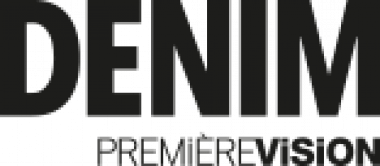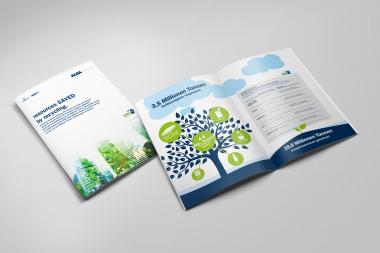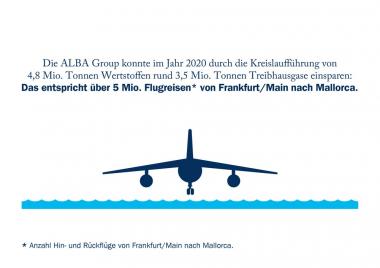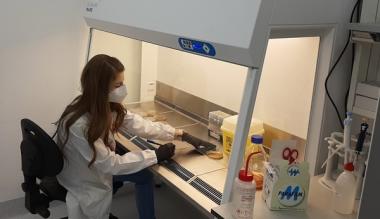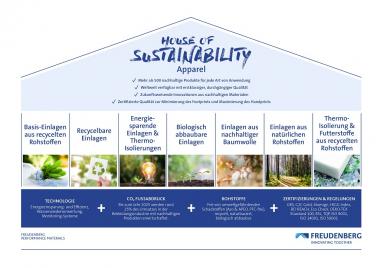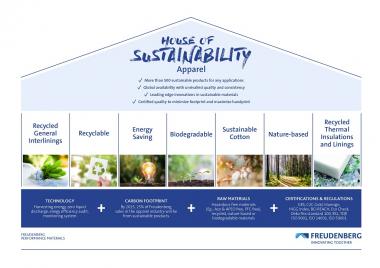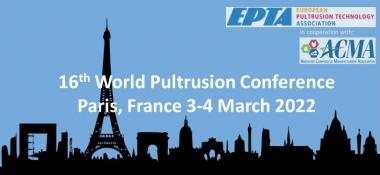ISKO champions circularity and biodiversity at the Circular Fashion Summit 2021
- The leading denim ingredient brand joins lablaco’s virtual reality Circular Fashion Summit 2021 as an Innovation Partner
ISKO continues to reaffirm its commitment towards circularity by participating as an Innovation Partner in the Circular Fashion Summit 2021 by lablaco. The summit will bring together leaders of change across design, technology and sustainability to share knowledge and take action towards creating a circular future for fashion. The event will be held in a VR version of the Grand Palais Éphémère in Paris and will take place on 9-12 December.
ISKO’s approach to circularity is built on creating a future where no virgin resources are needed to produce beautiful durable and high performing woven fabrics To achieve this, the leading denim ingredient brand is working to remove its reliance on fossil fuels and virgin materials by employing only renewable energy and by setting the challenging target of using 100% recycled or reused materials.
This impressive goal is possible thanks to the cutting edge technologies ISKO is working with such as a one of a kind process which fully separates and recycles cotton and polyester blends at scale, and collaborative partnerships with MoRe Research that are aimed at discovering new possibilities for cellulose based materials. ISKO’s new generation of R TWO™50+ fabrics are also playing a role in moving towards this goal. E ngineered for nature’ they use a minimum of 50% pre and post consumer recycled blend reducing carbon and water footprints by 45% and 65% respectively, and are all GRS certified ISKO also believes that the transition to a circular economy cannot happen without addressing the impact on biodiversity and our ecology. Tackling the over-sourcing of raw materials is key, as the extraction of new natural resources and the impact on carbon emissions in processing them contributes to more than 90% of biodiversity loss.
Menabò Group













